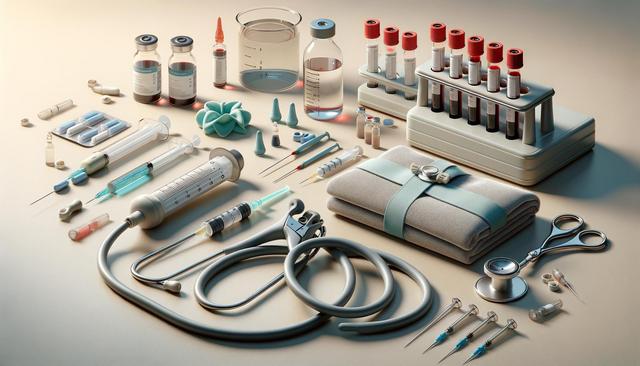Understanding the Basics of Sperm Donation
Sperm donation involves providing semen samples to a certified fertility clinic or sperm bank to help individuals or couples conceive. For first-time donors, the process might feel unfamiliar, but it is highly structured and regulated to ensure safety and ethical standards. Clinics conduct a series of health screenings and interviews to determine eligibility, focusing on both physical health and genetic history. Most donation centers require donors to be between 18 and 39 years old, although some may have stricter age limits.
The donation process typically involves an initial application, followed by medical and genetic testing. If accepted, donors are required to visit the clinic regularly over a set period. Each visit includes sample collection in a private room, and donors are expected to abstain from ejaculation for 2–3 days before each donation to ensure sample quality. Knowing what to expect helps first-time donors feel more confident and prepared.
Eligibility Criteria for First-Time Donors
Not everyone who applies to become a sperm donor will be accepted. Clinics have specific eligibility criteria to ensure the health and safety of recipients and future children. These criteria help maintain high standards and increase the chances of successful conception through assisted reproductive technologies.
Common eligibility requirements include:
- Being within the specified age range (usually 18 to 39)
- Having no history of genetic disorders
- Maintaining a healthy body mass index (BMI)
- Being a non-smoker and free from substance abuse
- Having a clean sexual health history
In addition to physical health, donors are often evaluated on their education level, personal interests, and overall background. Clinics seek well-rounded individuals, and additional compensation may be offered depending on specific traits or qualifications. First-time donors should be prepared for a thorough screening process, which may include blood tests, urine samples, and semen analysis.
How Much You Can Earn and What Influences Payouts
One of the most appealing aspects of sperm donation is the financial compensation. While the exact amount varies by location and clinic, donors can typically earn between $70 to $150 per donation. High payouts are often offered to donors who meet certain characteristics or agree to long-term donation commitments.
Factors that may influence payout amounts include:
- Commitment to donating multiple times per month
- Willingness to be an open donor (allowing future contact with offspring)
- Rare or in-demand ethnic backgrounds
- Advanced education levels or unique personal traits
Payments are usually disbursed after the sample passes all quality checks, and many clinics offer bonuses for consistent donors or those who complete a full donation cycle. While the money can be helpful, it’s important to view donation as a personal and altruistic decision as well.
Finding Clinics That Accept First-Time Donors
First-time sperm donors should seek out reputable clinics or sperm banks that clearly outline their process and compensation structure. Many clinics actively recruit new donors and provide detailed information on their websites. It’s also common for clinics to have dedicated donor coordinators to help guide applicants through the process.
When searching for a clinic, consider the following:
- Whether the clinic is accredited and licensed
- What support and resources they offer to first-time donors
- How transparent they are about payment, expectations, and timeline
- Whether they offer flexible scheduling to accommodate work or school
Some clinics even advertise higher payouts for first-time donors in specific demographic groups. Taking the time to research and compare options can help prospective donors find a clinic that matches their needs and values. Reading reviews or testimonials from other donors can also provide valuable insights into the experience.
Ethical Considerations and Long-Term Impact
While sperm donation offers financial benefits, it’s also important to consider the ethical and long-term implications. Donors contribute to the creation of life, and some may have children born from their donations in the future. Depending on the clinic and the donor agreement, some offspring may have the right to contact the donor once they reach adulthood.
Key ethical considerations include:
- Deciding whether to remain anonymous or become an open donor
- Understanding and accepting the possibility of future contact
- Being honest about health and genetic history to protect recipients
- Respecting the emotional and psychological impact of donation
Many clinics provide counseling or support services to help donors make informed decisions. It’s recommended that first-time donors reflect on their personal values and comfort levels before committing to the process. Being well-informed ensures that the decision to donate is both responsible and fulfilling.
Conclusion: Making an Informed Choice as a First-Time Donor
Becoming a sperm donor for the first time involves more than just financial compensation—it’s a personal decision with meaningful implications. By understanding the process, meeting eligibility requirements, and choosing a reputable clinic, first-time donors can contribute to helping others build families while earning income in a responsible and ethical way. For those considering this path, taking time to research, ask questions, and think about the long-term impact ensures that the experience is both rewarding and respectful to all involved.




Leave a Reply